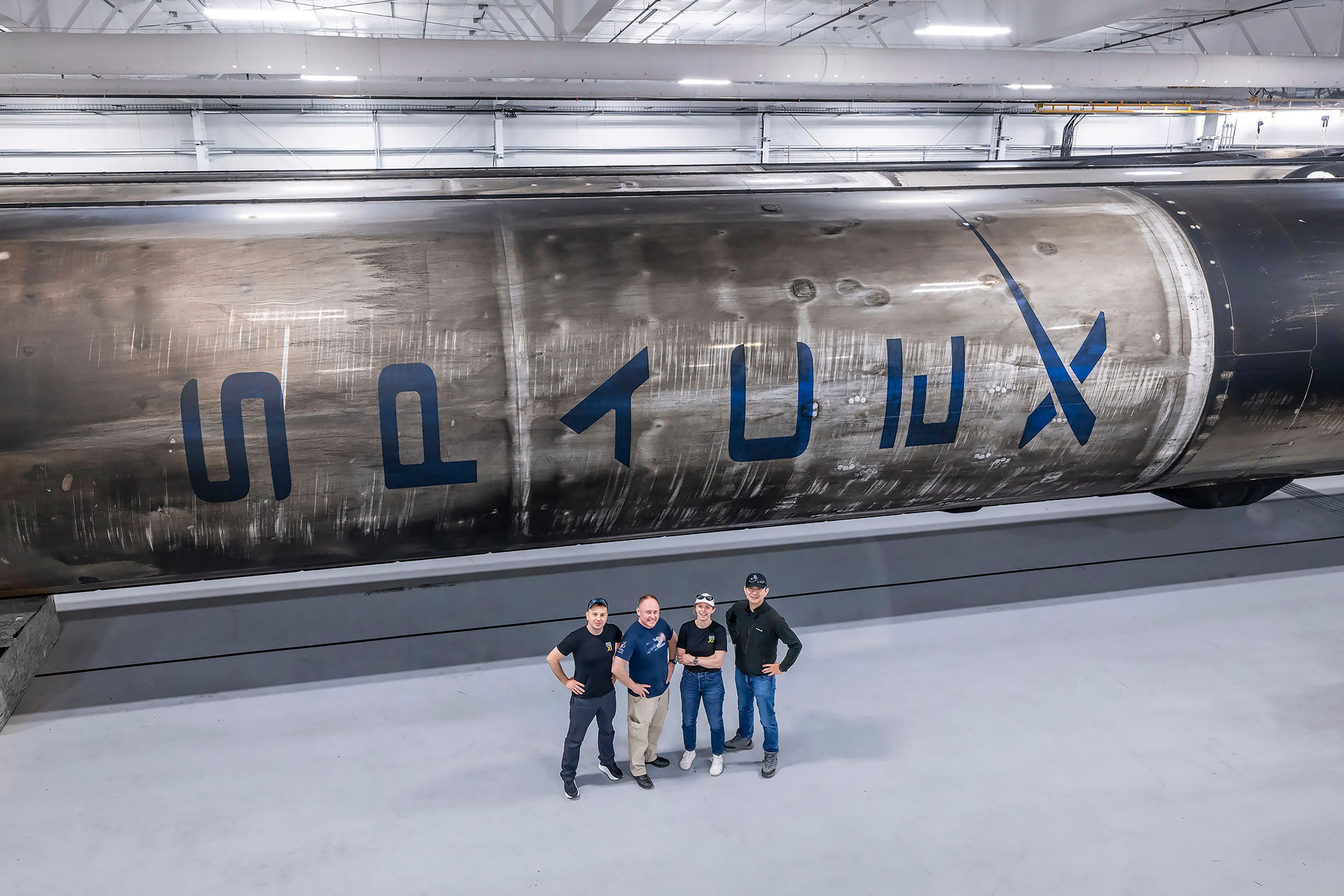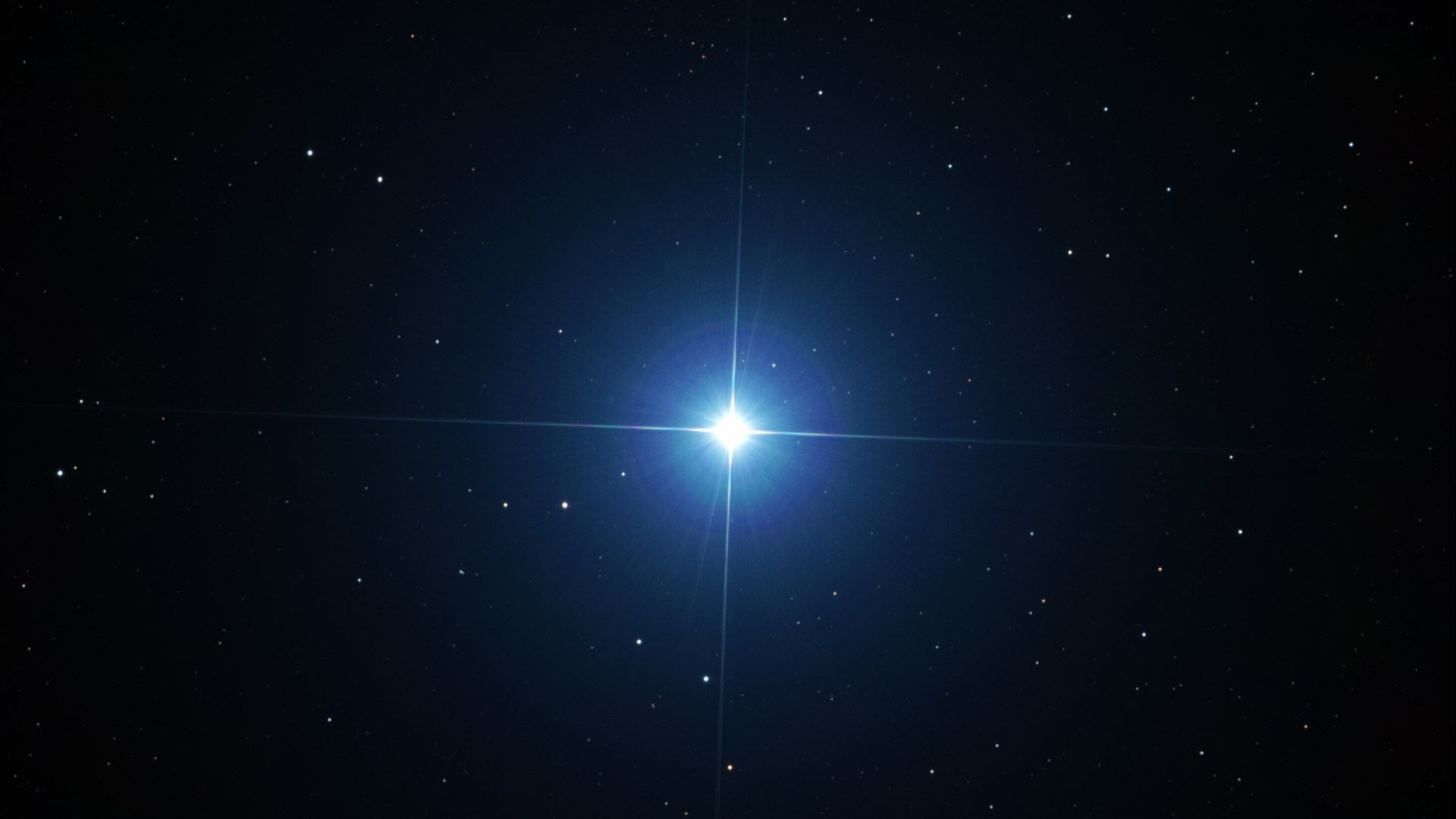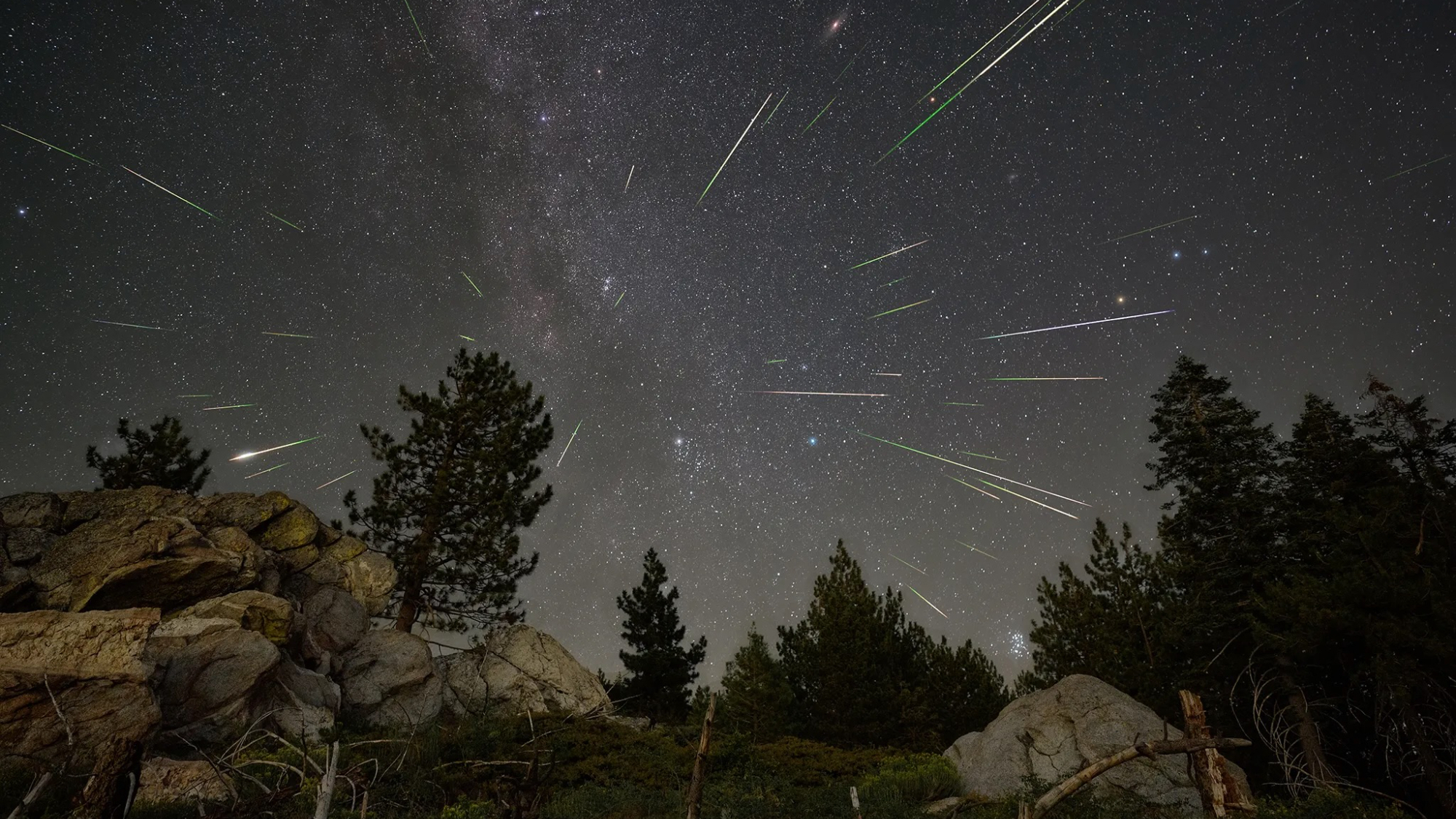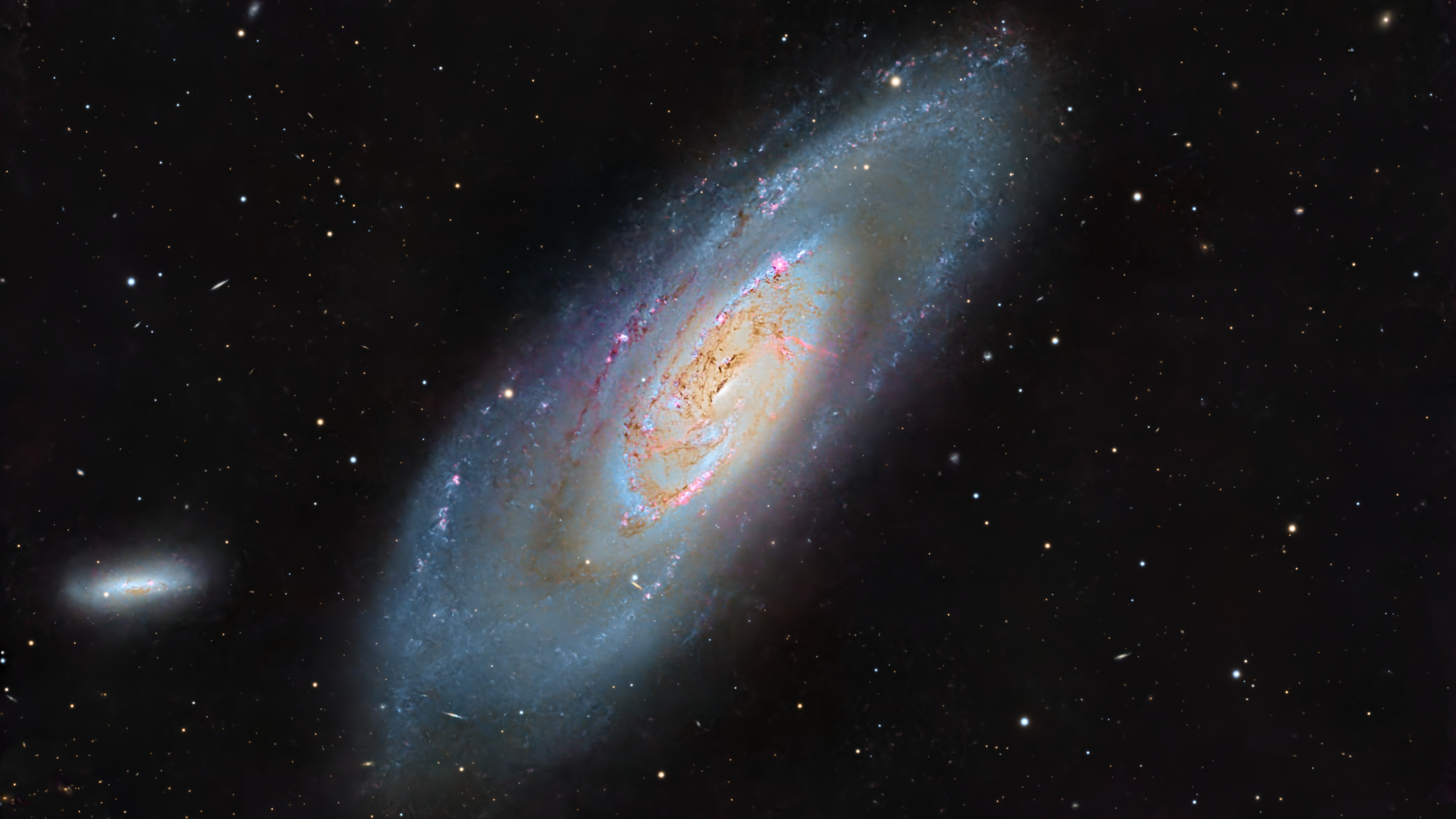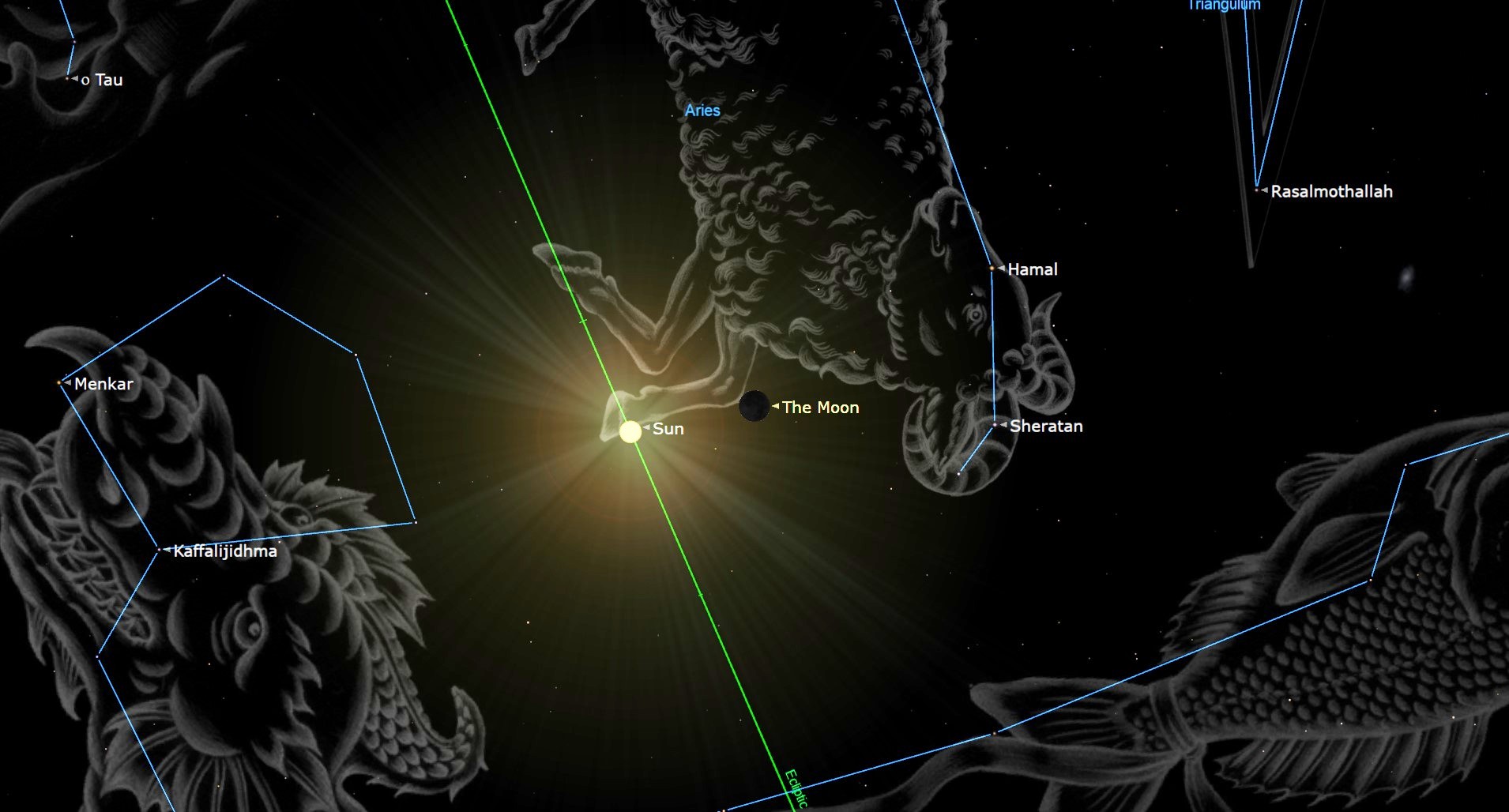
Ten Earth-observation satellites will have to wait at least another day to get off the ground.
Rocket Lab scrubbed today's (Oct. 21) planned liftoff of its "In Focus" mission, which will loft nine "SuperDove" cubesats for San Francisco-based company Planet and a microsatellite built by Japan's Canon Electronics Inc.
"We're standing down from today’s attempt. Some sensors are returning data that we want to look into further. We have backup opportunities until Nov. 3. Stay tuned for updates on new launch date! #InFocus," Rocket Lab said via Twitter this afternoon.
"In Focus" will launch atop an Electron booster from Rocket Lab's New Zealand site. The company also has a newly built pad on Virginia's Wallops Island, which is scheduled to host its first liftoff in the coming months.
You can learn more about "In Focus" via Rocket Lab here. And you can watch the mission at Space.com, courtesy of Rocket Lab, whenever it ends up taking flight.
Mike Wall is the author of "Out There" (Grand Central Publishing, 2018; illustrated by Karl Tate), a book about the search for alien life. Follow him on Twitter @michaeldwall. Follow us on Twitter @Spacedotcom or Facebook.
Get the Space.com Newsletter
Breaking space news, the latest updates on rocket launches, skywatching events and more!
Join our Space Forums to keep talking space on the latest missions, night sky and more! And if you have a news tip, correction or comment, let us know at: community@space.com.

Michael Wall is a Senior Space Writer with Space.com and joined the team in 2010. He primarily covers exoplanets, spaceflight and military space, but has been known to dabble in the space art beat. His book about the search for alien life, "Out There," was published on Nov. 13, 2018. Before becoming a science writer, Michael worked as a herpetologist and wildlife biologist. He has a Ph.D. in evolutionary biology from the University of Sydney, Australia, a bachelor's degree from the University of Arizona, and a graduate certificate in science writing from the University of California, Santa Cruz. To find out what his latest project is, you can follow Michael on Twitter.




